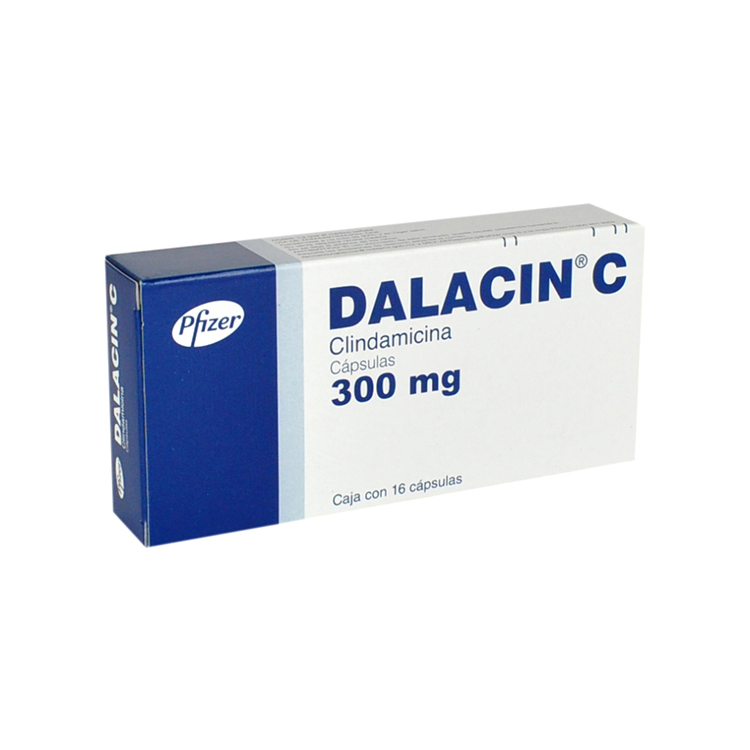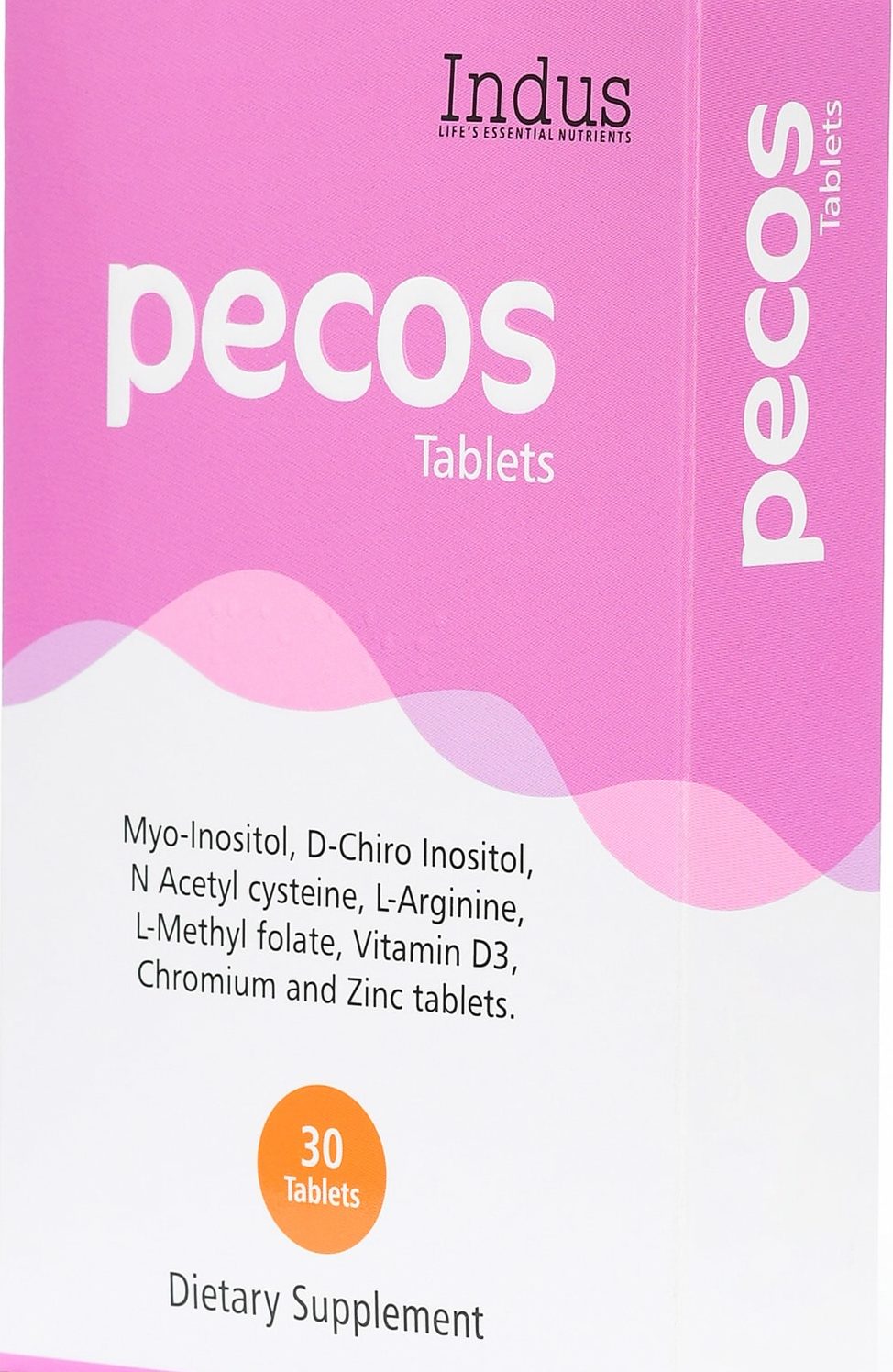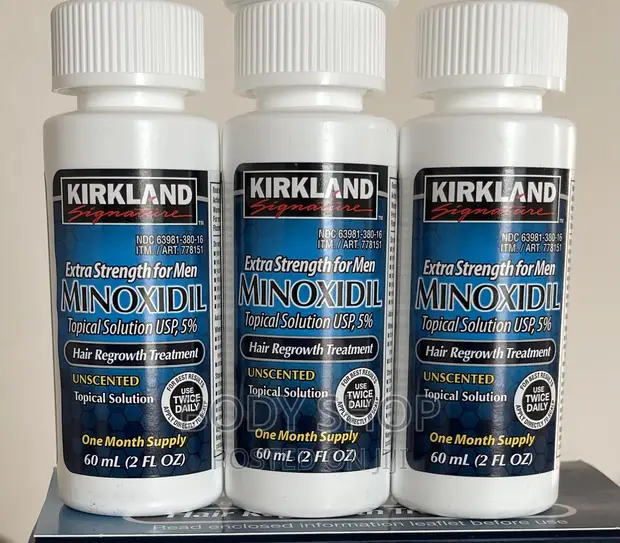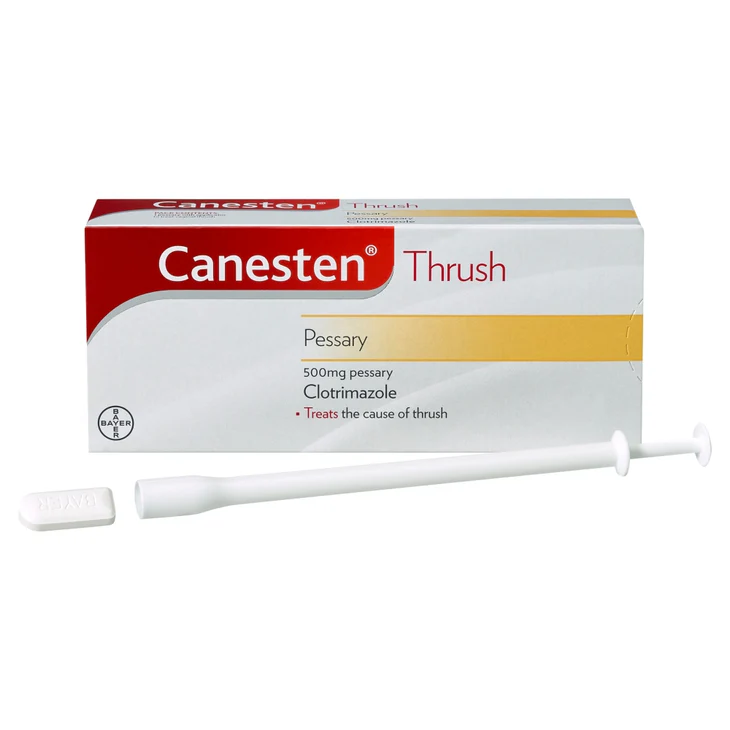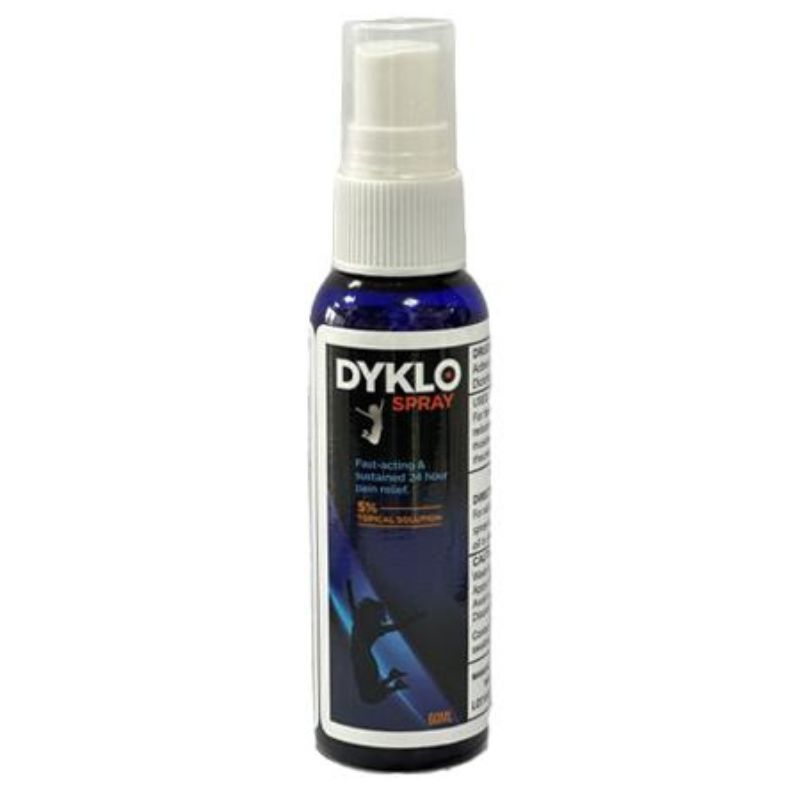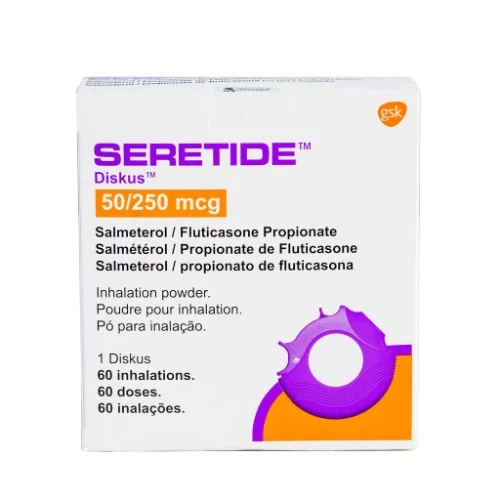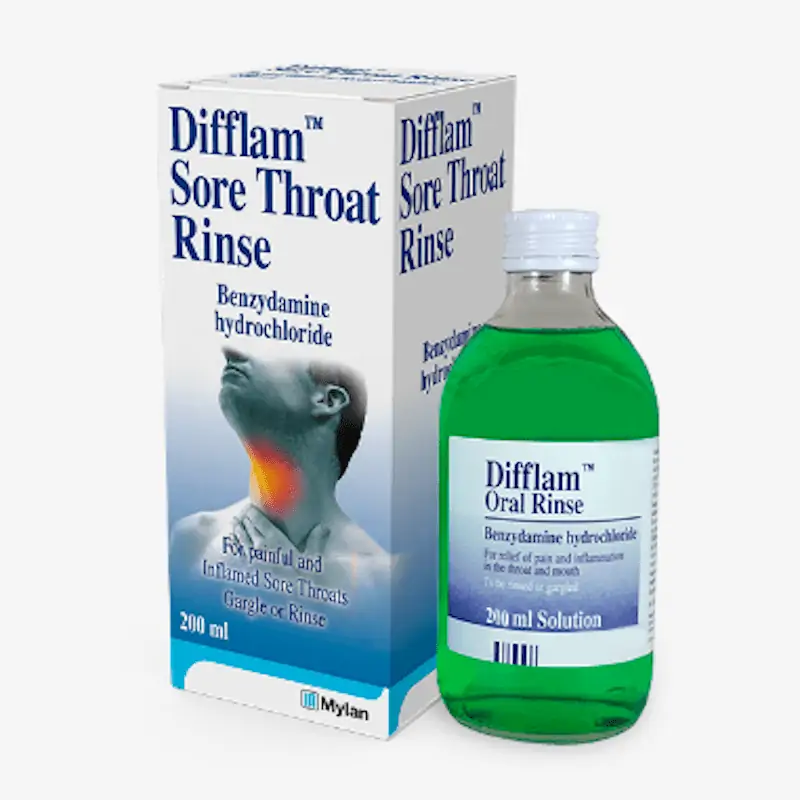Antifungals, Prescription Medication
Dalacin C Capsules
-
 Get 10% discount on your next order. Order now to qualify.
Get 10% discount on your next order. Order now to qualify.
-
 Get 20% cashback on apple app store. Use code P056
Get 20% cashback on apple app store. Use code P056
DELIVERY & RETURNS
Free shipping offer on Pilldoctor and get exclusive offers.
Location
-

Door Delivery Fastest delivery to the door for only 2 days. Don't miss exclusive offer.
-

Pickup Station Fastest delivery to the door for only 2 days. Don't miss exclusive offer.
-

Return Policy Fastest delivery to the door for only 2 days. Don't miss exclusive offer.
Description
Clindamycin belongs to the class of medications called antibiotics. It is used to treat infections caused by certain types of bacteria. It is also used before dental procedures or surgery to prevent infections in people who have heart conditions that put them at greater risk of infection. Clindamycin kills bacteria by preventing the growth of the bacteria, so they cannot reproduce.
This medication may be available under multiple brand names and/or in several different forms. Any specific brand name of this medication may not be available in all of the forms or approved for all of the conditions discussed here. As well, some forms of this medication may not be used for all of the conditions discussed here.
Your doctor may have suggested this medication for conditions other than those listed in these drug information articles. If you have not discussed this with your doctor or are not sure why you are taking this medication, speak to your doctor. Do not stop taking this medication without consulting your doctor.
Do not give this medication to anyone else, even if they have the same symptoms as you do. It can be harmful for people to take this medication if their doctor has not prescribed it.
What form(s) does this medication come in?
Capsules
150 mg
Each hard gelatin capsule with maroon cap and lavender body, branded “Upjohn 225”, contains clindamycin HCl hydrate equivalent to 150 mg of clindamycin base. Nonmedicinal ingredients: cornstarch, lactose, magnesium stearate, and talc. Gluten-free.
300 mg
Each hard gelatin capsule with light blue cap and body, branded “Upjohn 395”, contains clindamycin HCl hydrate equivalent to 300 mg of clindamycin base. Nonmedicinal ingredients: cornstarch, lactose, magnesium stearate, and talc. Gluten-free.
Injection solution
Each mL of undiluted, sterile, solution for injection contains clindamycin phosphate, equivalent to 150 mg of clindamycin base. Nonmedicinal ingredients: benzyl alcohol, disodium edetate, water for injection, and sodium hydroxide and/or hydrochloric acid to maintain pH.
How should I use this medication?
The recommended adult dose of clindamycin is 150 mg to 450 mg every 6 hours, swallowed whole, with a full glass of water.
The dose of clindamycin for children is based on body weight. The recommended dose is 2 mg to 5 mg per kilogram of body weight taken every 6 hours.
Prior to surgery or dental procedures, the recommended adult dose is 300 mg taken 1 hour before the procedure and 150 mg 6 hours after the first dose.
When given intravenously (into a vein), the recommended dose is 600 mg to 900 mg every 6 to 8 hours.
If you have been prescribed the suspension (liquid) form of clindamycin, use an oral syringe to measure each dose, as it gives a more accurate measurement than household teaspoons.
Although you can take clindamycin with food or on an empty stomach, it may cause less stomach upset if taken with food.
Many things can affect the dose of a medication that a person needs, such as body weight, other medical conditions, and other medications. If your doctor has recommended a dose different from the ones listed here, do not change the way that you are taking the medication without consulting your doctor.
It is important to take this medication exactly as prescribed by your doctor. Finish all of this medication, even if you start to feel better. If you miss a dose, take it as soon as possible and continue with your regular schedule. If it is almost time for your next dose, skip the missed dose and continue with your regular dosing schedule. Do not take a double dose to make up for a missed one. If you are not sure what to do after missing a dose, contact your doctor or pharmacist for advice.
Store all forms of this medication at room temperature and keep it out of the reach of children.
Do not dispose of medications in wastewater (e.g. down the sink or in the toilet) or in household garbage. Ask your pharmacist how to dispose of medications that are no longer needed or have expired.
Who should NOT take this medication?
Do not take this medication if you are allergic to clindamycin, lincomycin, or to any of the ingredients of the medication.
Do not give this medication to infants under 1 month of age.
What side effects are possible with this medication?
Many medications can cause side effects. A side effect is an unwanted response to a medication when it is taken in normal doses.
Side effects can be mild or severe, temporary or permanent. The side effects listed below are not experienced by everyone who takes this medication. If you are concerned about side effects, discuss the risks and benefits of this medication with your doctor.
The following side effects have been reported by at least 1% of people taking this medication. Many of these side effects can be managed, and some may go away on their own over time.
Contact your doctor if you experience these side effects and they are severe or bothersome. Your pharmacist may be able to advise you on managing side effects.
- diarrhea
- itching
- nausea
- stomach pain
- vomiting
Although most of these side effects listed below don’t happen very often, they could lead to serious problems if you do not seek medical attention.
Check with your doctor as soon as possible if any of the following side effects occur:
- abdominal tenderness
- fever
- signs of bleeding (e.g., unusual nosebleeds, bruising, blood in urine, coughing blood, bleeding gums, cuts that don’t stop bleeding)
- signs of infection (symptoms may include fever or chills, severe diarrhea, shortness of breath, prolonged dizziness, headache, stiff neck, weight loss, or listlessness)
- signs of liver problems (e.g., nausea, vomiting, diarrhea, loss of appetite, weight loss, yellowing of the skin or whites of the eyes, dark urine, pale stools)
- skin rash, redness, and itching
- sore throat
- vaginal infection or inflammation
Stop taking the medication and seek immediate medical attention if any of the following occur:
- severe watery or bloody diarrhea with or without abdominal cramps or pain
- signs of a severe allergic reaction (e.g., hives; difficulty breathing; swelling of the mouth, tongue, lips, or throat)
- symptoms of a severe skin rash (e.g., blistering, peeling skin, a rash covering a large area of the body, a rash that spreads quickly, or a rash combined with fever or discomfort)
Some people may experience side effects other than those listed. Check with your doctor if you notice any symptom that worries you while you are taking this medication.
Are there any other precautions or warnings for this medication?
Before you begin using a medication, be sure to inform your doctor of any medical conditions or allergies you may have, any medications you are taking, whether you are pregnant or breast-feeding, and any other significant facts about your health. These factors may affect how you should use this medication.
Antibiotic-related diarrhea: As with other antibiotics, clindamycin can cause a severe form of diarrhea associated with a condition known as pseudomembranous colitis. If you develop severe diarrhea while taking (or within a few weeks of taking) this medication, contact your doctor as soon as possible.
Bacterial resistance: Misuse of an antibiotic such as clindamycin may lead to the growth of resistant bacteria that will not be killed by the antibiotic. If this happens, the antibiotic may not work for you in the future. Although you may begin to feel better early in your course of treatment with clindamycin, you need to take the full course exactly as directed to finish ridding your body of the infection and to prevent resistant bacteria from taking hold. Do not take clindamycin or other antibiotics to treat a viral infection such as the common cold; antibiotics do not kill viruses, and using them to treat viral infections can lead to the growth of resistant bacteria.
Liver disease: Liver disease or reduced liver function may cause this medication to build up in the body, causing side effects. If you have liver problems, discuss with your doctor how this medication may affect your medical condition, how your medical condition may affect the dosing and effectiveness of this medication, and whether any special monitoring is needed.
Gastrointestinal problems: Severe diarrhea associated with this antibiotic may be mistaken for symptoms of chronic gastrointestinal conditions. If you have colitis, inflammatory bowel disease, or Crohn’s disease, discuss with your doctor how this medication may affect your medical condition, how your medical condition may affect the dosing and effectiveness of this medication, and whether any special monitoring is needed.
Pregnancy: The safety of this medication for use during pregnancy has not been established. This medication should not be used unless the benefits outweigh the risks. If you become pregnant while taking this medication, contact your doctor immediately.
Breast-feeding: This medication passes into breast milk. If you are a breast-feeding mother and are taking clindamycin, it may affect your baby. Talk to your doctor about whether you should continue breast-feeding.
Seniors: Seniors may be more likely to experience antibiotic-related diarrhea associated with clindamycin.
What other drugs could interact with this medication?
There may be an interaction between clindamycin and any of the following:
- BCG vaccine
- carbamazepine
- cholera vaccine
- enzalutamide
- erythromycin
- kaolin
- lumacaftor
- mitotane
- mycophenolate
- non-depolarizing muscle relaxants (e.g., atracurium, doxacurium, mivacurium, pancuronium)
- phenobarbital
- phenytoin
- primaquine
- primidone
- rifabutin
- rifampin
- sodium picosulfate
- typhoid vaccine
If you are taking any of these medications, speak with your doctor or pharmacist. Depending on your specific circumstances, your doctor may want you to:
- stop taking one of the medications,
- change one of the medications to another,
- change how you are taking one or both of the medications, or
- leave everything as is.
An interaction between two medications does not always mean that you must stop taking one of them. Speak to your doctor about how any drug interactions are being managed or should be managed.
Product Ratings
Highest Ratings
There are no reviews yet.

